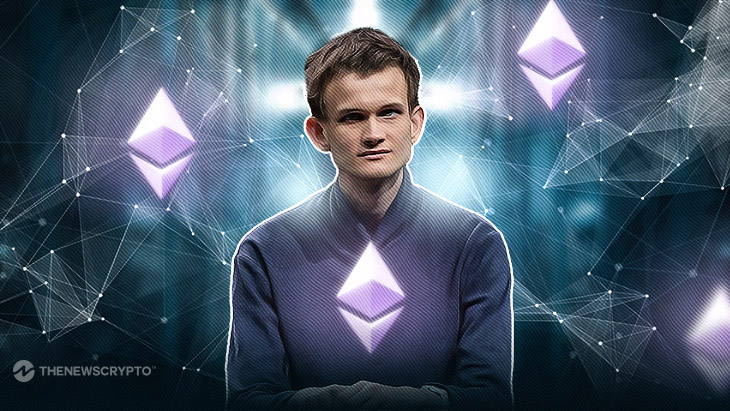- On July 18, Buterin spoke at the Ethereum Community Conference (EthCC) in Paris.
- Buterin also discussed a different add-on, signature aggregation.
Vitalik Buterin, Ethereum’s co-founder, has discussed some of the obstacles that have arisen throughout the process of introducing account abstraction on the blockchain, despite the fact that this new feature is seen as an impetus that might bring one billion people to Ethereum.
On July 18 at the Ethereum Community Conference (EthCC) in Paris, Buterin discussed the benefits of contemporary account abstraction and the challenges that the community is now encountering with this idea.
Currently, individuals wishing to send or receive ERC-20 tokens on the Ethereum network must also own Ether in order to cover the cost of internal transactions. Buterin claims that “paymasters,” which are expansions to the concept of account abstraction, may let users pay transaction fees using “whatever coins that they are transferring.” In addition to this, the plugin may facilitate user sponsorship of transactions by decentralized apps (DApps).
Optimist Despite Obstacles
Buterin also discussed a different add-on, signature aggregation. The functionality allows developers to save money on gas and data, according to Ethereum’s creator, by compiling signatures. Buterin acknowledged that despite the consumer advantages of account abstraction, developers still face obstacles.
To convert existing Ethereum externally-owned accounts (regular user accounts) into smart contracts and to guarantee compatibility with layer-2 solutions, an Ethereum Improvement Proposal (EIP) is required.
Buterin stated:
“I’m excited about all the progress that we’ll continue making in account abstraction in the future.”
Integration with other technology, like biometrics and preexisting wallets, presents extra hurdles, as Buterin pointed out. The Ethereum co-founder acknowledged the project’s challenges but expressed optimism about its future.
Highlighted Crypto News Today:
Binance All Set To Burn 1.99M BNB Tokens in 24th Quarterly Burn


